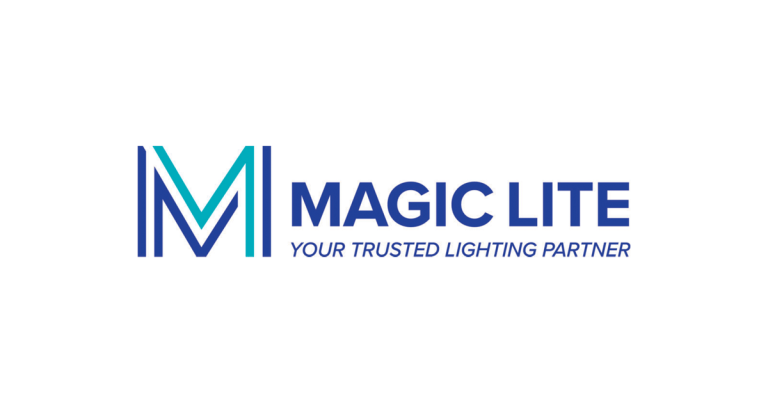Smart Building Considerations for Retail Operations with Hugo Lafontaine of Schneider Electric

March 29, 2021
By Blake Marchand
Used correctly, data collection can have major implications on operations for retail organizations alongside reducing emissions and being more energy efficient.
“Energy management is a very important component of sustainability,” explains Hugo Lafontaine, VP of Digital Energy for Schneider Electric Canada. “It can also enable other things like security, traceability of products, making sure air quality is enabled while maintaining energy efficient sequencing. There’s a lot different things we can achieve, stemming down from the need to reduce emissions.”
When it comes to smart buildings, as Lafontaine notes, “Measurement is the first step.”
“When you think about retail, you think about quantities and repeatability of locations. The strategy you do for one location you can do over and over, on average. “There are two real important aspects here: one is making sure once you do it well you can repeat it. Two is having a strategy around ease of deployment because typically these are open spaces.”
By collecting data on operations, retailers can set a baseline standard for their facility’s optimal performance level and make adjustments when there is a deviation. itputs a tighter handle on maintenance, as well. This is particularly relevant for food retail, because refrigeration/food temperature ranges can be more strictly maintained, and operators can be alerted in real-time if there is a significant deviation.
“You need to leverage wireless technologies to maximize the information coming from the space, and it’s also the ability to centralize the oversight management. Having all those different retails connected to a centralized approach and really leveraging technologies such as analytics and software allow you to optimize the portfolio management abilities of that retail company. There’s so much to see, so much to do – leveraging these technologies allows you to pinpoint your focus on the outliers, the spaces not performing as required.”
When it comes to maintenance on the system itself, Schneider Electric has an extensive system integrator partner network, as well as the ability to trouble shoot remotely.
Having the local element is a major consideration for retail operations, “It is critical to the requirements,” explains Lafontaine, “especially in a retail space where customers will quickly feel the deviation from normal. You also don’t want to effect spoilage or loss of goods. So, it’s really important to have local access.”
Another important element is software management and analytics. An overload of data is counterproductive. The data points for a facility or a network of facilities are overwhelming. But that can also be the case for the information that data is synthesized into. Operators need to know how to make sense of the reports they receive from their analytics software, or else they won’t be able to maximize efficiencies.
“You have some super users that decide to invest in having technical people in house, so they will leverage the data, leverage the software we provide them and interact with the platforms,” notes Lafontaine, adding, “Most customers don’t necessarily have the bandwidth, or it’s not core to their business, so they rely on that as a service.”
“That’s where Schneider Electric provides service bureaus. We’ll connect your site and leverage all your data that goes into the cloud.”
The data transferred from the cloud into information is then organized into reports, and that report is either explained verbally by Schneider’s data management experts or provided in quarterly business reviews.
Some companies may not know exactly what to look for to get the most out of their reports, that’s where Schneider will walk clients through their analytics and pinpoint what’s going on.
As Lafontaine explains above, energy management is the catalyst. Buildings make up a significant portion of overall emissions and energy makes up a significant portion of operational costs. Another consideration is government regulations as emission reduction targets should get increasingly more ambitious looking ahead. Businesses will need to plan in advance, and many have.
Generally, the financial implications come down to lowering operational costs by maximizing repeatable efficiency, mitigating service disruptions by streamlining maintenance, and increased visibility of products/goods.






![Guide to the Canadian Electrical Code, Part 1 – 26th Edition[i] – A Road Map: Section 54](https://electricalindustry.ca/wp-content/uploads/2022/11/Guide-CE-Code-2-768x432.png)





![Guide to the Canadian Electrical Code, Part 1 – 26th Edition[i] – A Road Map: Section 54](https://electricalindustry.ca/wp-content/uploads/2022/11/Guide-CE-Code-2.png)




